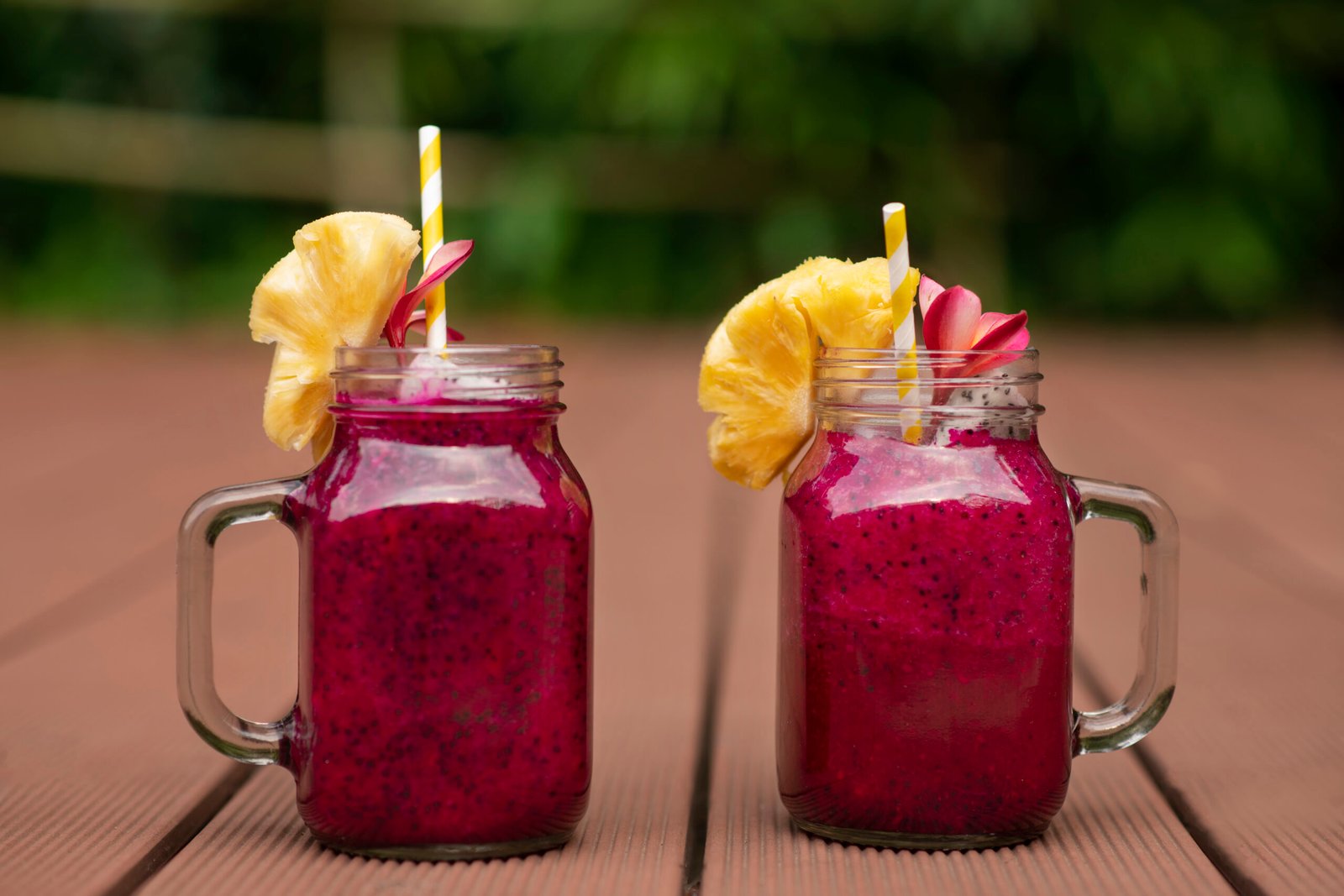Why it matters for Nigerians in the UK
High blood pressure (hypertension) is common in the Nigerian community — both in Nigeria and among Nigerians living in the UK. Diet, lifestyle, genetics and migration stress all play a role. If you’re navigating life in the UK, making simple but evidence-based dietary choices can complement your health efforts. Two juices often mentioned in this respect are beet (beetroot) juice and pomegranate juice. Let’s examine what the science says — and how you might include these in your UK lifestyle (while keeping in mind that they are not sole treatments for hypertension).
Antioxidants & Blood Pressure: What the research shows
Beet Juice
- Beet juice is rich in dietary nitrates, which the body converts into nitric oxide (NO). NO helps relax and widen blood vessels (vasodilation) which can lower blood pressure.
- A review of multiple studies found that supplementation with beet juice (or nitrate from beetroot) may reduce blood pressure in various populations.
- For example, one review reported average reductions of about 3.5 mmHg systolic and 1.3 mmHg diastolic in people consuming beet juice.
- The British Heart Foundation notes some evidence for beetroot juice lowering blood pressure, but highlights that most studies are small and more research is needed.
- Practical findings: You might get the most effect when you drink beet juice regularly (daily) and perhaps around 250 mL is a commonly studied amount.
Bottom line for Nigerians in the UK: Beet juice could help support blood pressure when used consistently — but it is a complement to, not a replacement for, healthy diet, exercise, and medication if prescribed.
Pomegranate Juice
- Pomegranate juice is rich in polyphenols — antioxidants that have been studied for cardiovascular benefits.
- A meta-analysis of several trials found significant reductions in blood pressure: for example, systolic BP reduced by around 5 mmHg and diastolic by about 2 mmHg on average.
- Effects seem more modest and gradual than for beet juice; some studies show benefits over a few weeks, but long-term sustained effect beyond two months is less clear.
- Some experts note that the evidence is still limited and not consistent across all populations.
Bottom line for Nigerians in the UK: Pomegranate juice may contribute to blood pressure control and antioxidant support, especially as part of a diet rich in fruits, but it is not a quick fix and should be integrated into a broader healthy-living approach.
Which is “better”?
There’s no simple answer — it depends on your goals, your health status, and how each fits into your lifestyle. Here’s a rough comparison:
| Feature | Beet Juice | Pomegranate Juice |
|---|---|---|
| Speed of effect | More immediate changes possible (via nitrates) | More gradual change (via polyphenols) |
| Evidence strength | Moderate, but small studies | Moderate, effect sizes modest & mixed |
| Best for | Individuals wanting support for blood pressure + vascular health | Individuals wanting antioxidant support + long-term diet benefit |
| Use-case for Nigerian-UK community | If you already have hypertension or borderline BP, you might include beet juice as a support measure (after consulting your doctor) | If you have a healthy but at-risk profile (family history etc), pomegranate juice fits well into everyday diet |
| Caution | People with kidney issues (oxalates), taking blood-pressure meds should consult doctor | Juice sugar content can matter (for diabetes risk) & long-term effects not conclusive |
Practical Tips for Nigerians in the UK
- When buying juices in the UK (e.g., supermarkets, health food stores), check no added sugar and check portion size.
- Include these as part of whole diet changes: more vegetables, fruits, reduced salt, more physical activity — especially important given migration lifestyle changes.
- Don’t stop or skip your prescribed medication: these juices are complementary not substitutes.
- If you have family history of high BP (common among Nigerians), make use of UK NHS health checks (available for adults).
- Try realistic amounts: e.g., about 250 mL beet juice or ~1 cup pomegranate juice daily, but start slowly, and monitor how you feel.
- Keep track of your blood pressure readings, and discuss any changes with your GP or health professional.
Key Takeaways
- Both beet juice and pomegranate juice offer antioxidant benefits and blood‐pressure support, especially useful for Nigerians in the UK adjusting to new lifestyle challenges.
- Beet juice tends to give quicker blood pressure effects (via nitrates → nitric oxide) but requires regular use and may be less studied in large, long-term trials.
- Pomegranate juice offers gradual benefits (via polyphenols), but evidence is modest and should not be relied upon alone.
- Neither juice replaces healthy living, regular medical check-ups, or prescribed treatment.
- For the Nigerian-UK community: combining diet, movement, monitoring and awareness is key.
Join Our WhatsApp Channel
Stay updated on the latest UK news, including education, health, job openings, and more for those living in the UK!
Join here: Naija UK Channel
Also, follow us on our social media channels for the latest updates and discussions:
- Twitter: @NaijaUKConnect
- Facebook: Naija UK Connect
- Instagram: @naijaukconnect




